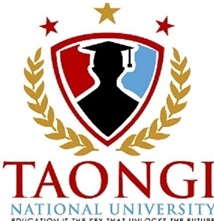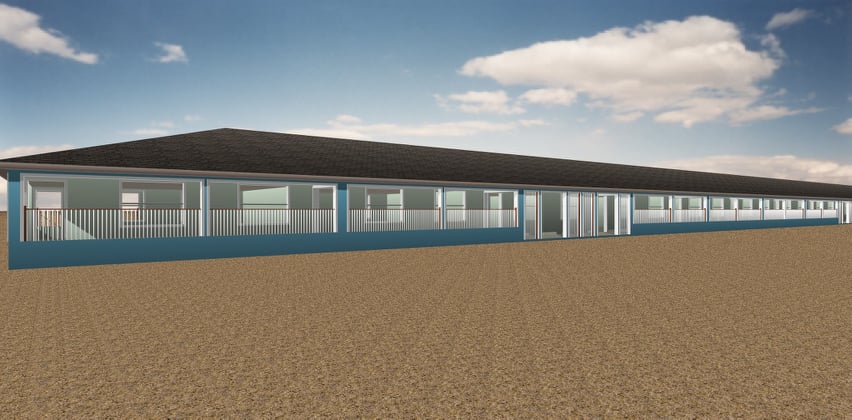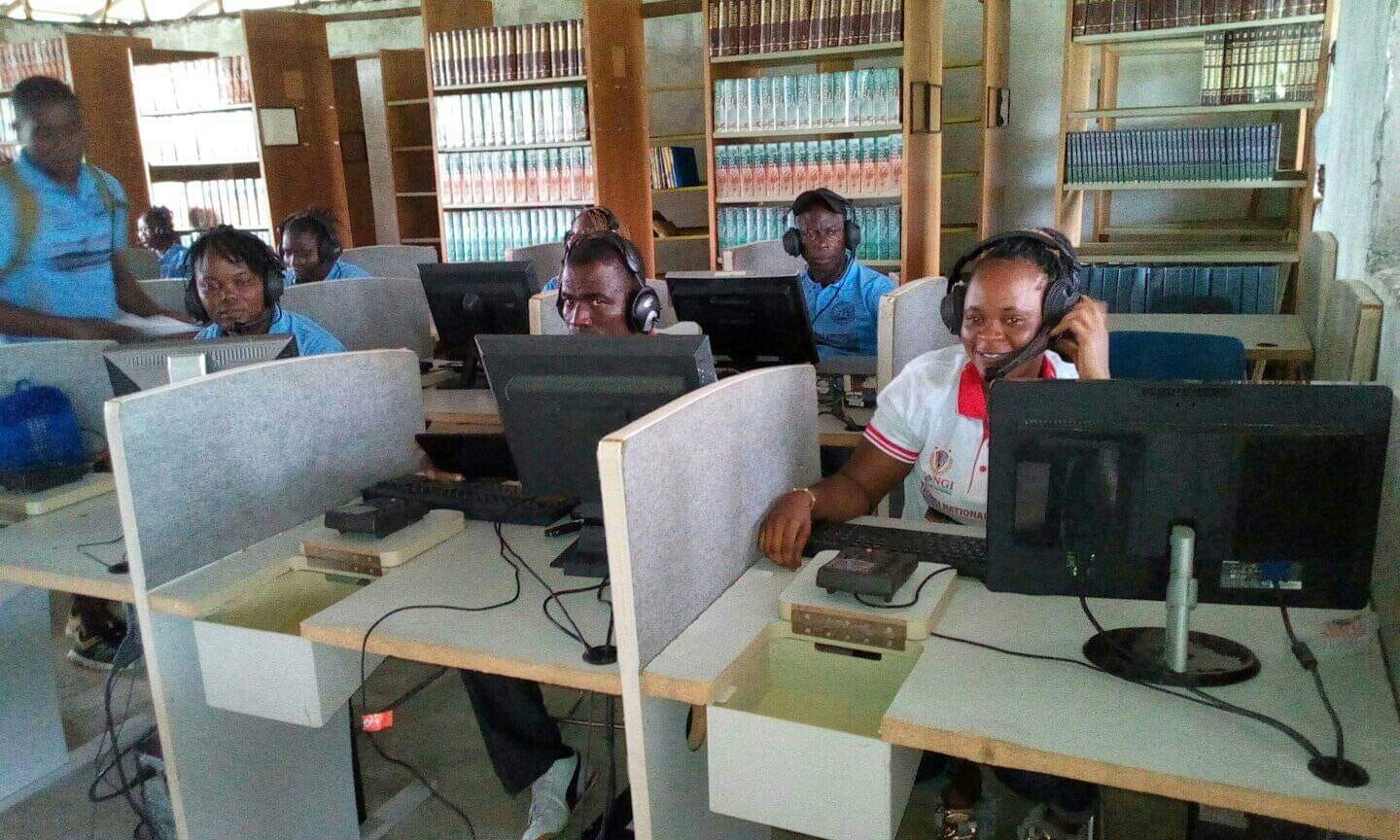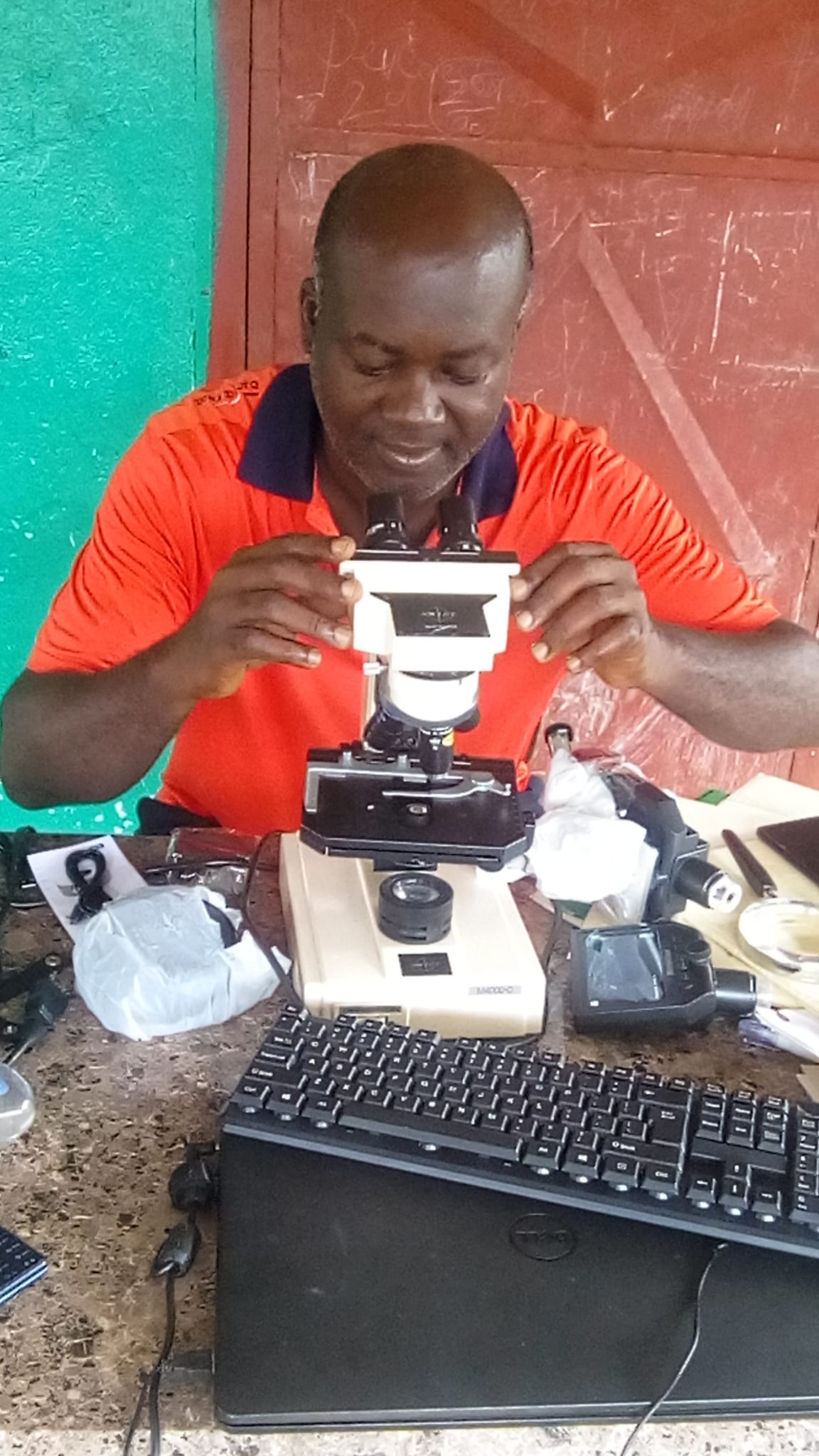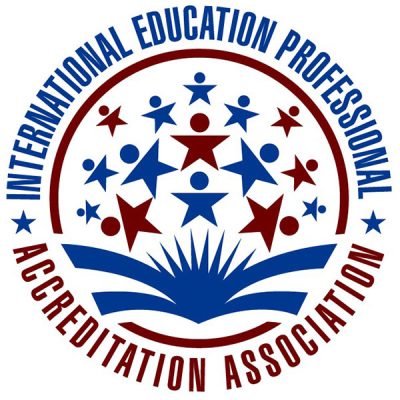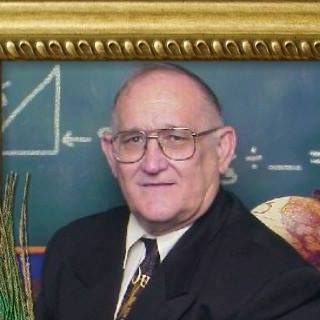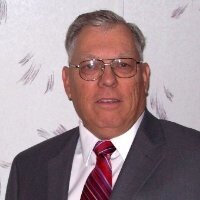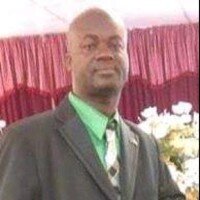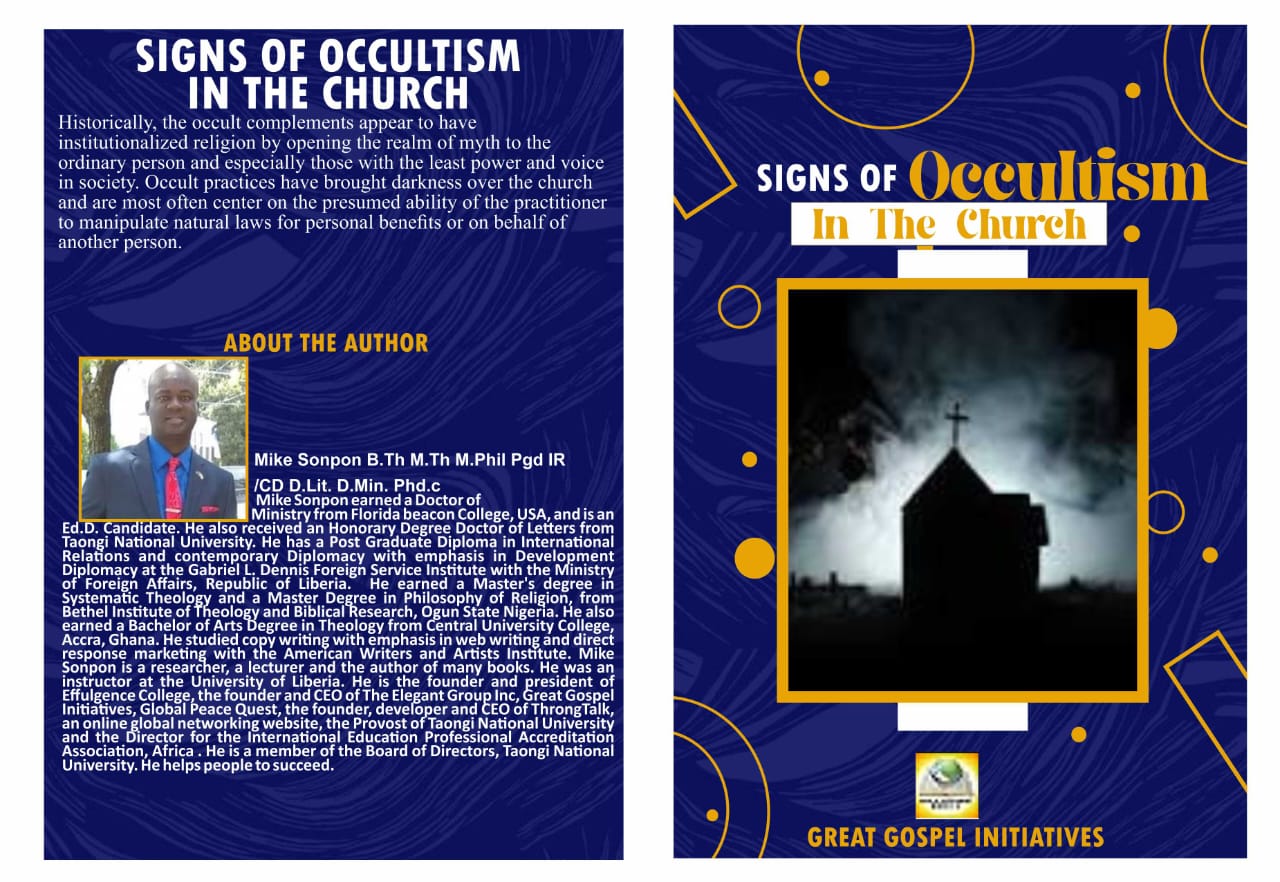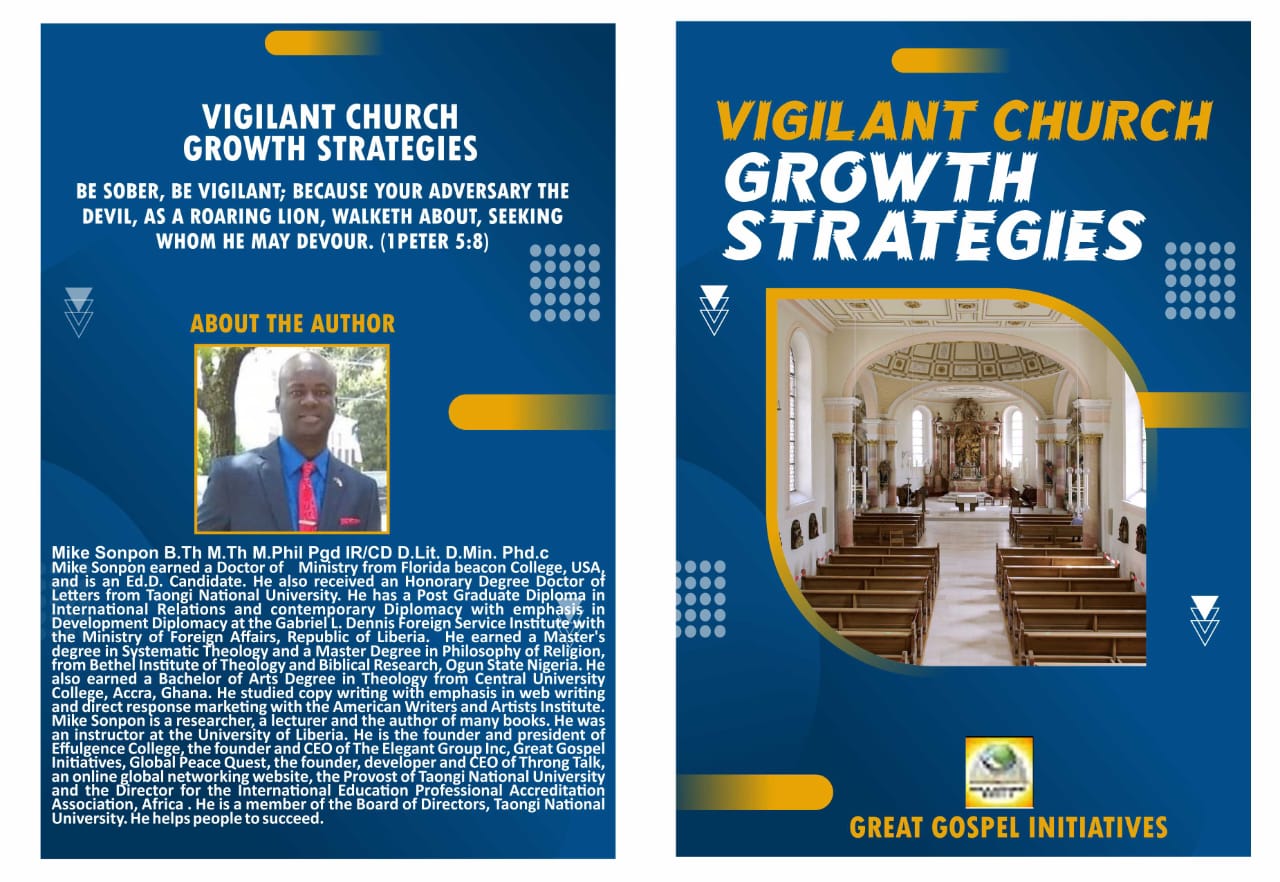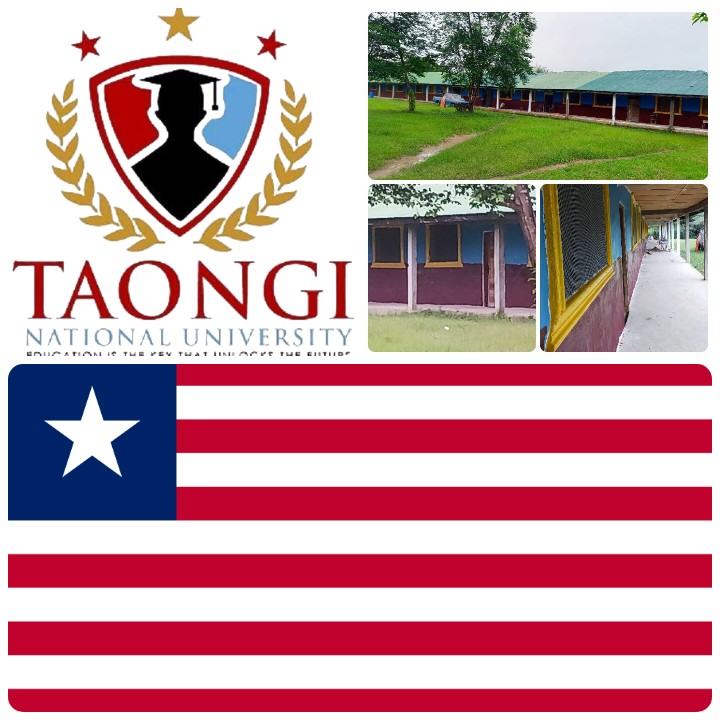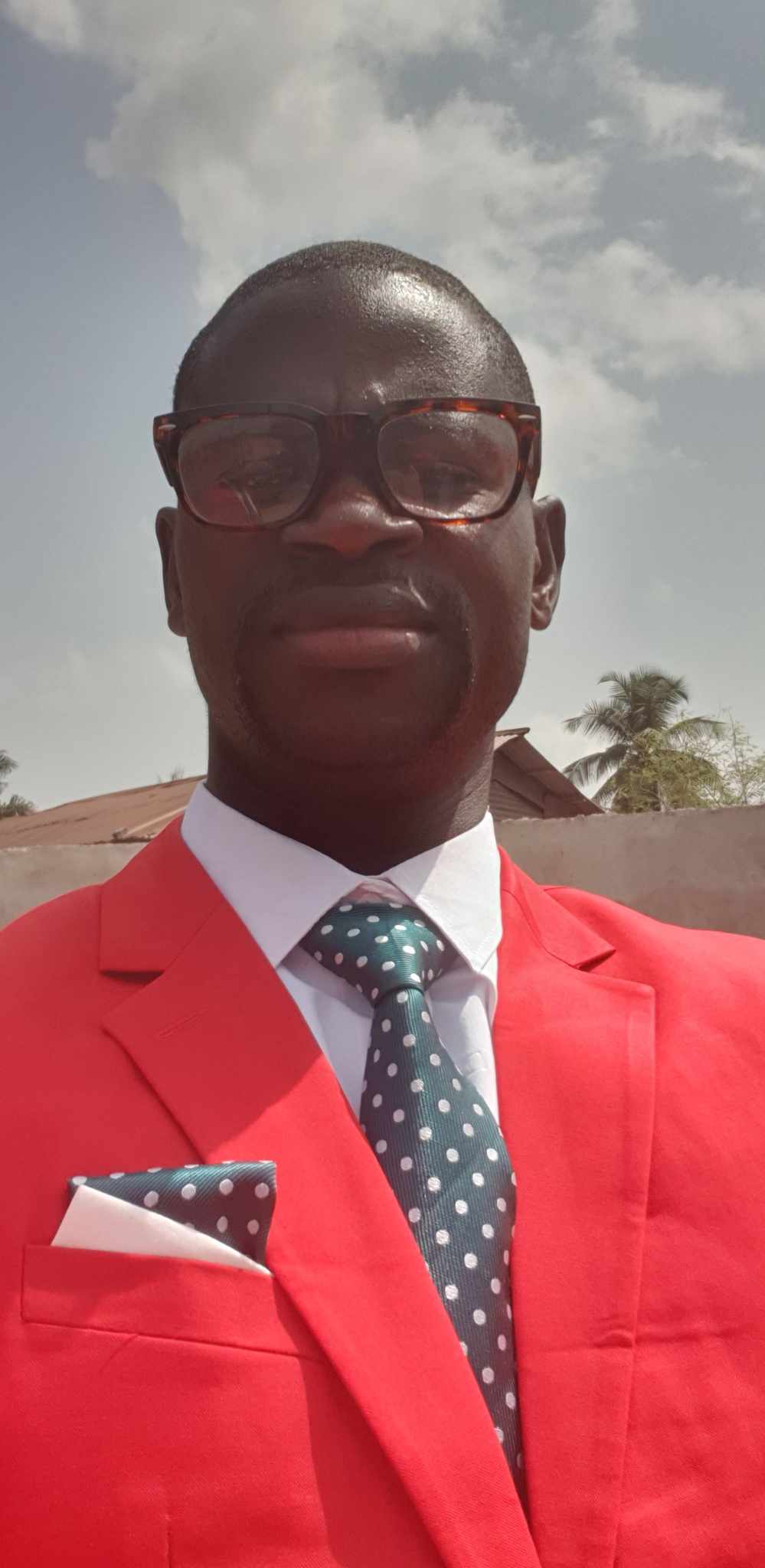
By Moses M. Tokpah
editor@news.throngtalk.com
0777130958 / 0886476114
Increasing tensions over unresolved land disputes in Margibi County have prompted urgent appeals from a local official to Liberia’s national leadership for quick intervention.
Mr. T. Ocarleus Subah, Program Officer of the Margibi County Security Council, has called on President Joseph N. Boakai, the Liberia Land Commissioners, and the Peace Building Office of the Ministry of Internal Affairs to prioritize Margibi’s mounting land conflicts before they erupt into widespread chaos.
Mr. Subah highlighted three ongoing land disputes that have left communities on edge including a long-standing contention between Margibi and Grand Bassa Counties centers on land in the Gibi Forest.
He revealed that in past regimes, this dispute was raised at county council meetings and brought to the attention of former Internal Affairs Minister but remained unresolved.
Allegations persist that Grand Bassa officials conducted years of unauthorized sawing and logging operations within contested forest lands—which according to Paramount Chief Peter Barnyou, have deprived Margibi of fair benefits.
The Paramount Chief, according to Mr. Subah, furthered that the illegal logging continues under the new government, demanding immediate intervention to safeguard Margibi’s interests and halt unauthorized activities by Bassa residents.
Subah asserted that Chief Barnyou threatened that they wanted to use the traditional approach to claim the attention of national government to halt what he describes as “illegal acts” by Grand Bassa.
Another major case, the county program security officer said is the long-standing dispute between the Mends-Coles family and the Kollie-Kelle customary community in District #4.
Subah highlighted that the Mends-Coles family is claiming legitimate ownership of land in the district, supported by official deeds and Liberia Land Authority (LLA) approval.
He explained that the family insists they possess legitimate deeds for their land—validated by the LLA—yet, after reportedly paying US$2,000 for an official survey to the Margibi chapter head of the entity (Bobby Manson Yogar), the family claims they were told by a Monrovia-based LLA leader, Mr. Ali Kaba, to accept only 600 acres out of their 968 acres.
Subah added that this intervention has led to heightened grievances among the affected families, fueling mistrust in the land administration process.
The Security Council warns that the cumulative effect of these conflicts is turning Margibi into a hotspot for land-related violence.
He argued there is a growing sense of anger and frustration among the populace, with warnings that without decisive national leadership, the county could see a drastic “spartacus reproach”—a reference to mass retaliation or breakdown in public order.
Mr. Subah and community advocates are pleading for Presidential intervention by Joseph N. Boakai, oversight and swift resolution by the Liberia Land Authority and the Peace Building Office, and establishment of a specialized land court to adjudicate land claims and prevent future conflicts
Margibi’s struggles are emblematic of a national issue. The Liberia Land Authority has classified Margibi, along with Montserrado, Nimba, and Bong, as “red zone” counties for land conflict, driven by double sales, boundary confusion, and historic grievances.
Alternative dispute resolution mechanisms have been introduced to manage these disputes, but residents say progress is slow and uneven.
As residents’ tempers flare and retaliatory threats escalate, the fate of Margibi County hangs in the balance. Stakeholders warn that unless the government takes urgent, visible action to address land disputes, broader instability could undermine peace and development in the region.
The Security Council’s message is clear: without intervention from national authorities, land disputes could spiral into chaos, jeopardizing not only Margibi County’s stability but also the wider gains made in Liberia’s peace and reconciliation efforts.
Responding to these claims, Mr. Ali Kaba denied directing the family to accept reduced acreage.
He clarified that his involvement aimed to facilitate negotiations among disputing parties, suggesting land sharing based on claims for an amicable settlement.
Kaba emphasized that land surveys can only proceed on deeds that are authenticated or through court orders, citing ongoing conflicts as barriers to survey completion.
Mr. Bobby Yogar, head of the Margibi chapter of the Liberia Land Authority, confirmed receipt of the survey payment but pointed to resistance from the Kollie-Kelle community who fear losing land, complicating the surveying process.


